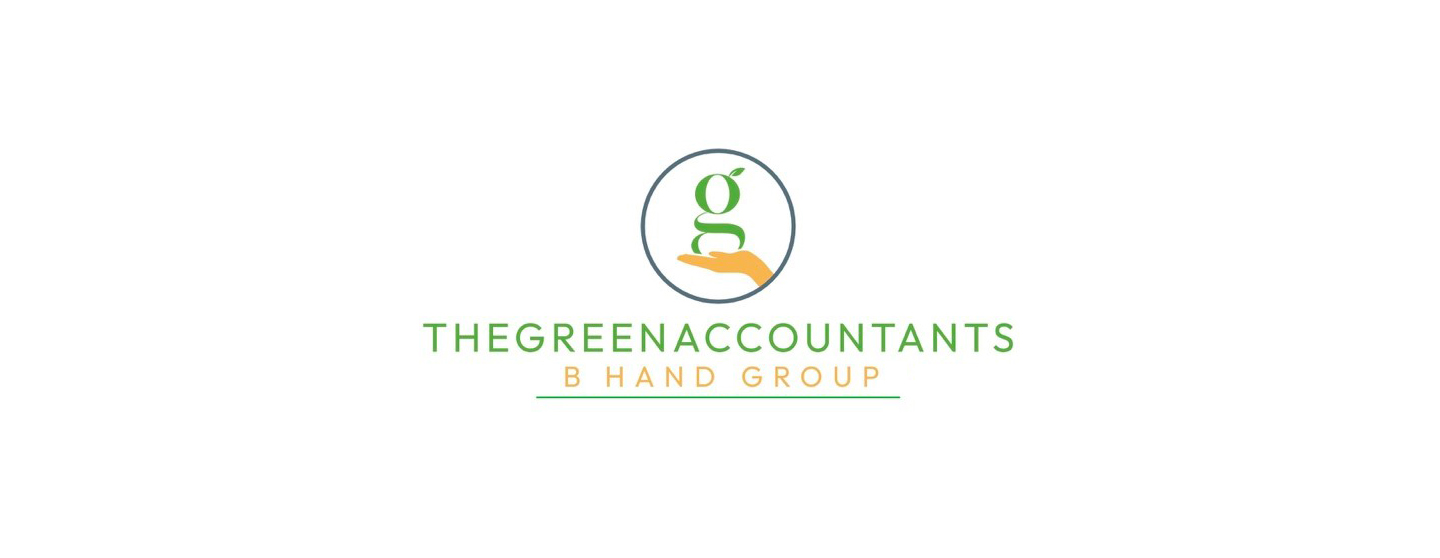

LUDITALL LTD

Manchester, United Kingdom
August 2024
Accounting & auditing
Service with Minor Environmental Footprint
United Kingdom
Here at The Green Accountants (Luditall LTD) we focus on inspiring and enabling our clients to go greener. From the way we run our business day to day, to the way we work and help our clients, we aim to ensure sustainability is at the heart of all we do. On one level we do what accountants do; we prepare your accounts and perhaps do your bookkeeping, we prepare and file your tax return, we file your accounts and confirmation statement at Companies House etc. So far, so what? Here’s what, we understand that advising businesses means that you have to take a proactive approach to business strategy, looking for risks and opportunities that others haven't. Climate change will affect every business and is not going anywhere! Changing market opinions, supply chain pressures and new legislation/policies are just some of the areas that any advisor worth their salt should be aware of. This is why we look to develop business strategies that incorporate climate change with every client. Additionally, we realised that we cannot help advise every business in the United Kingdom. This is why we offer training and tool kits to other accountants who wish to advise on climate change. As we see it, you are either Born Green, Going Green or Going Bust!
Overall B Impact Score
Governance 21.2
Governance evaluates a company's overall mission, engagement around its social/environmental impact, ethics, and transparency. This section also evaluates the ability of a company to protect their mission and formally consider stakeholders in decision making through their corporate structure (e.g. benefit corporation) or corporate governing documents.
What is this? A company with an Impact Business Model is intentionally designed to create a specific positive outcome for one of its stakeholders - such as workers, community, environment, or customers.
Workers 22.6
Workers evaluates a company’s contributions to its employees’ financial security, health & safety, wellness, career development, and engagement & satisfaction. In addition, this section recognizes business models designed to benefit workers, such as companies that are at least 40% owned by non-executive employees and those that have workforce development programs to support individuals with barriers to employment.
Community 32.6
Community evaluates a company’s engagement with and impact on the communities in which it operates, hires from, and sources from. Topics include diversity, equity & inclusion, economic impact, civic engagement, charitable giving, and supply chain management. In addition, this section recognizes business models that are designed to address specific community-oriented problems, such as poverty alleviation through fair trade sourcing or distribution via microenterprises, producer cooperative models, locally focused economic development, and formal charitable giving commitments.
Environment 12.4
Environment evaluates a company’s overall environmental management practices as well as its impact on the air, climate, water, land, and biodiversity. This includes the direct impact of a company’s operations and, when applicable its supply chain and distribution channels. This section also recognizes companies with environmentally innovative production processes and those that sell products or services that have a positive environmental impact. Some examples might include products and services that create renewable energy, reduce consumption or waste, conserve land or wildlife, provide less toxic alternatives to the market, or educate people about environmental problems.
Customers 3.0
Customers evaluates a company’s stewardship of its customers through the quality of its products and services, ethical marketing, data privacy and security, and feedback channels. In addition, this section recognizes products or services that are designed to address a particular social problem for or through its customers, such as health or educational products, arts & media products, serving underserved customers/clients, and services that improve the social impact of other businesses or organizations.